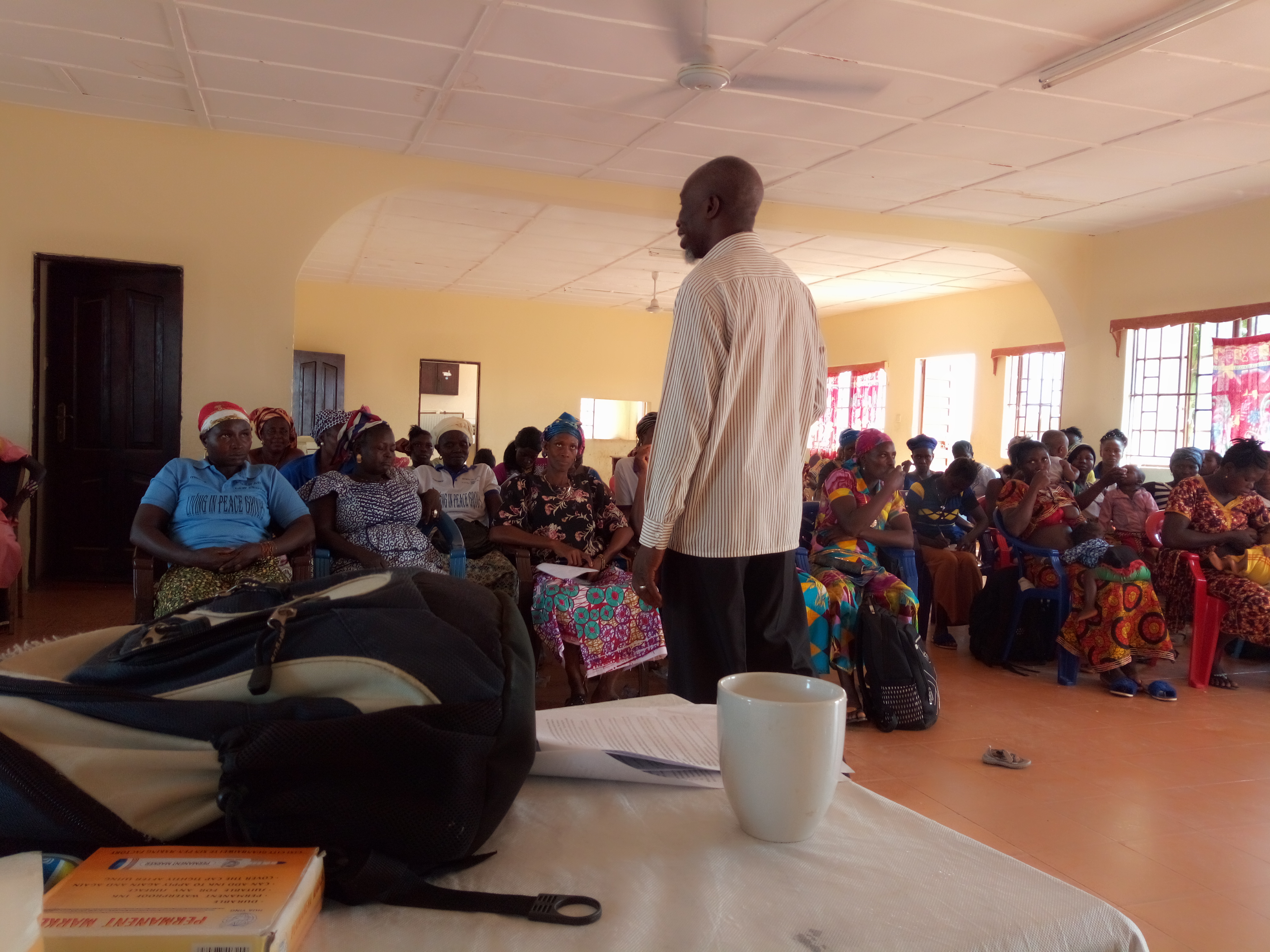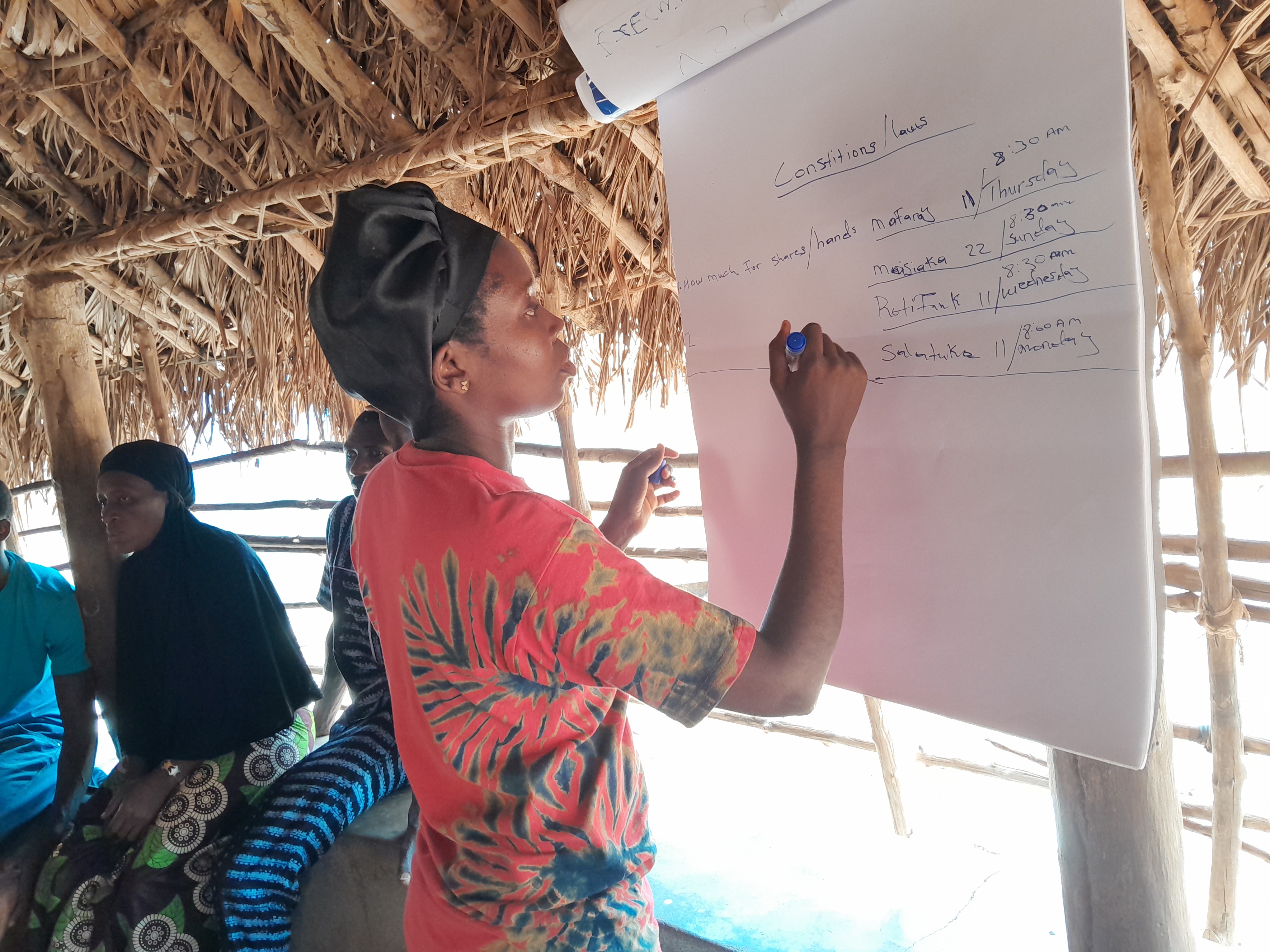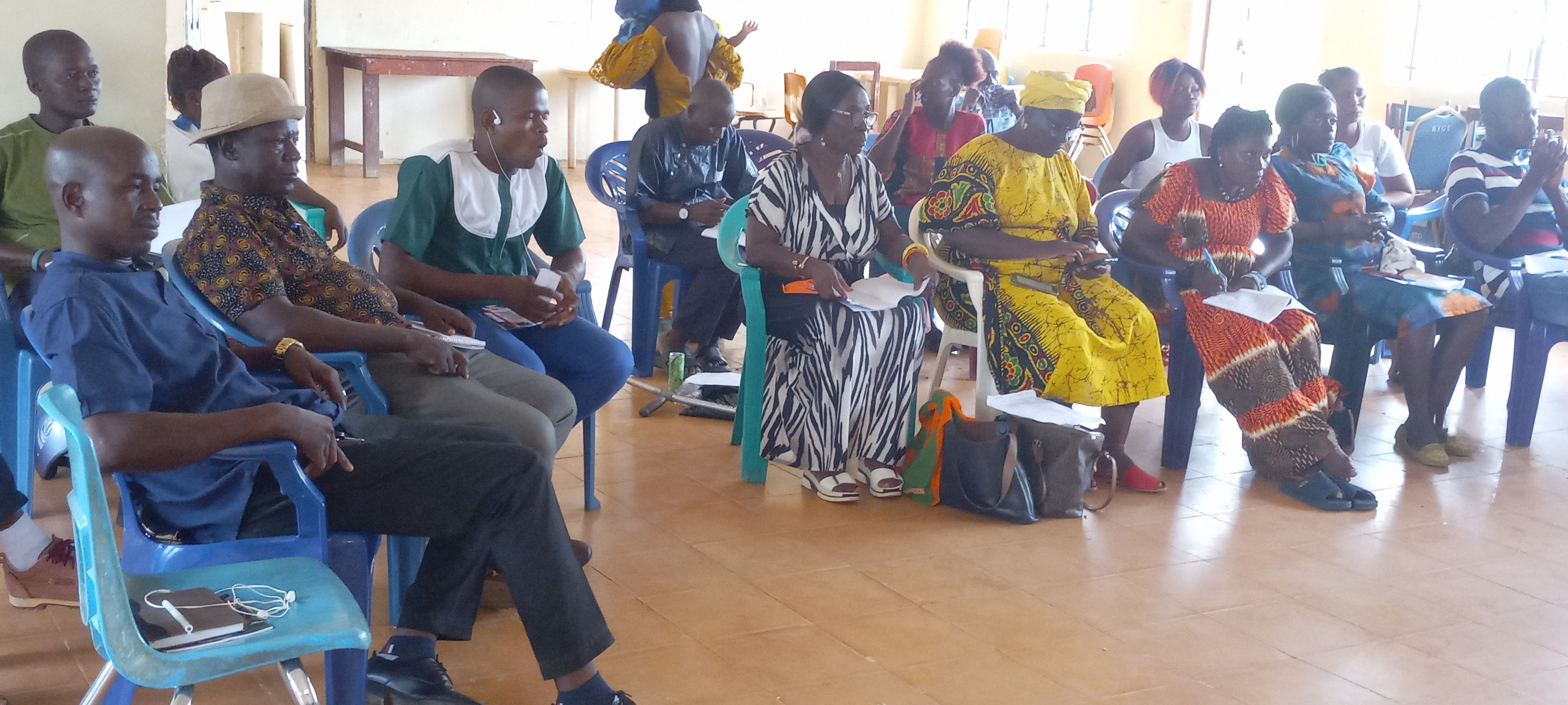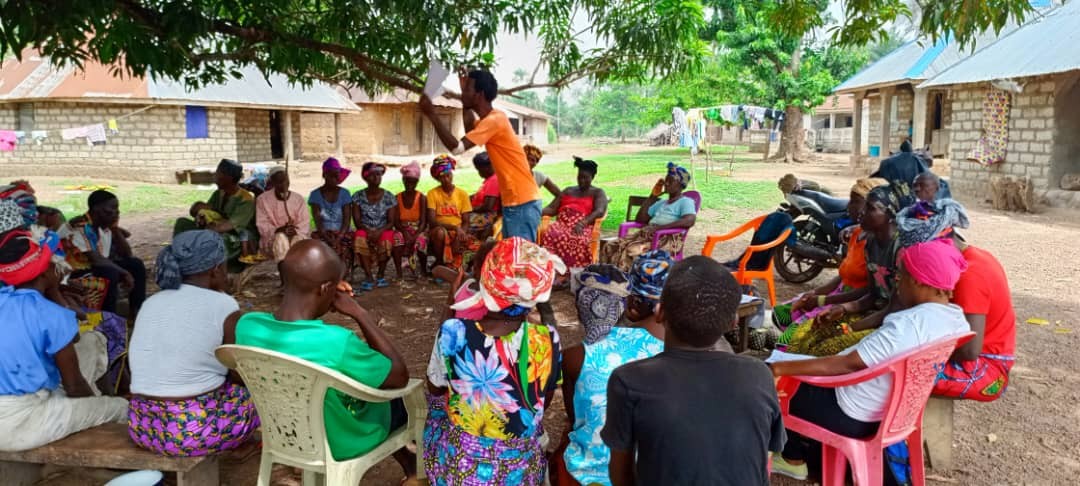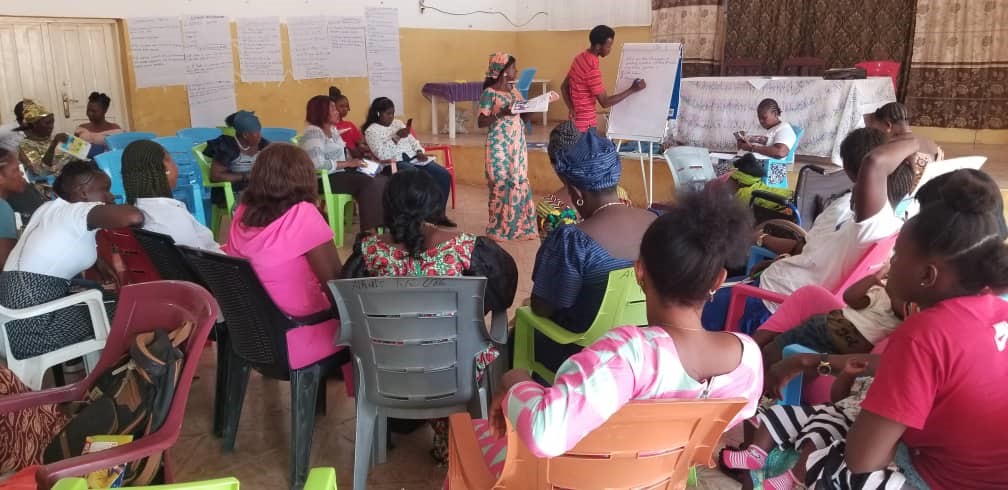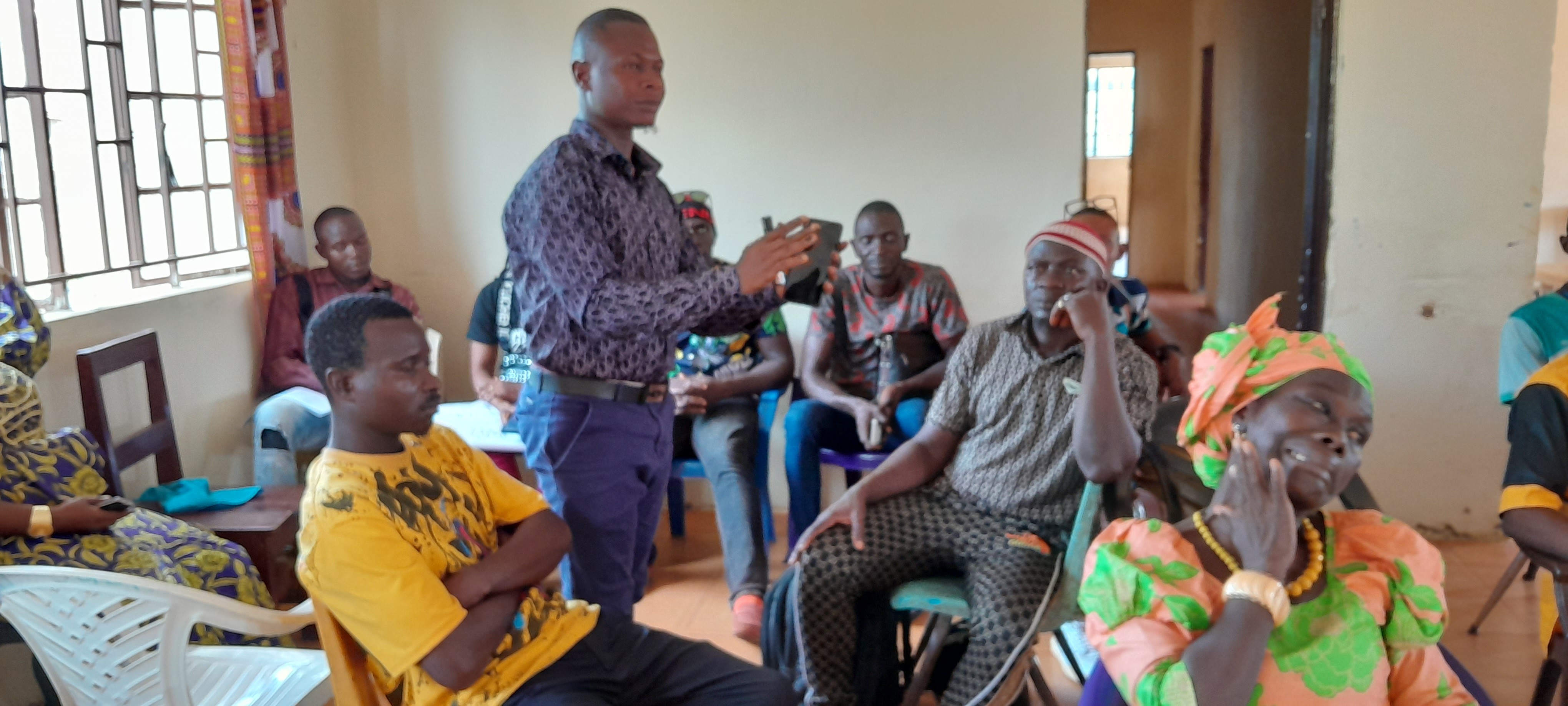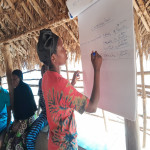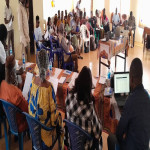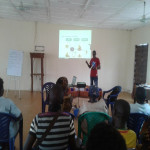Introduction:
Women empowerment in Africa is a multifaceted journey
marked by progress and challenges. Over the years, there has been a growing
recognition of the pivotal role women play in the socio-economic development of
the continent. This article explores the status of women's empowerment in Africa,
highlighting the strides made and the hurdles that persist.
1. Education as the Foundation:
Education stands as a cornerstone for women's
empowerment in Africa. Efforts have been made to bridge the gender gap in
education, leading to increased enrollment and literacy rates among women.
However, disparities still exist, particularly in rural areas where access to
quality education remains a challenge.
2. Economic Empowerment:
Economic empowerment plays a crucial role in advancing
women's status. Microfinance initiatives, entrepreneurship programs, and skills
training have empowered countless African women to become economically
self-sufficient. Despite these gains, there is a need for sustained support to
overcome barriers such as limited access to financial resources and gender
biases.
3. Political Participation:
The political landscape in Africa has witnessed a
gradual increase in women's participation. Quota systems and affirmative action
policies have been implemented in several countries to ensure a more equitable
representation of women in political offices. Nevertheless, cultural and
societal norms still pose obstacles, impeding the full realization of women's
political potential.
4. Healthcare and Reproductive Rights:
Improving women's health and ensuring their
reproductive rights are integral components of empowerment. Initiatives
addressing maternal mortality, family planning, and access to healthcare
services contribute to enhancing women's overall well-being. Persistent
challenges include cultural taboos, inadequate healthcare infrastructure, and
limited awareness.
5. Addressing Gender-Based Violence:
Gender-based violence remains a significant barrier to
women's empowerment in Africa. Efforts to combat domestic violence, sexual
harassment, and harmful traditional practices are vital for creating a safe
environment where women can thrive. Legal frameworks need reinforcement, and
societal attitudes must undergo transformative shifts to eradicate such
violence.
Conclusion:
Women empowerment in Africa is an ongoing process that
requires a holistic approach. While commendable progress has been made, there
is a need for sustained efforts to address the remaining challenges. By
investing in education, economic opportunities, political participation,
healthcare, and combating gender-based violence, Africa can unlock the full
potential of its women, fostering a more inclusive and prosperous future for
the continent.
